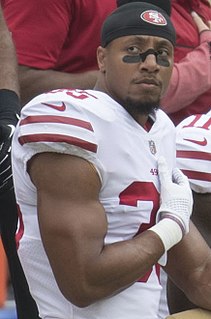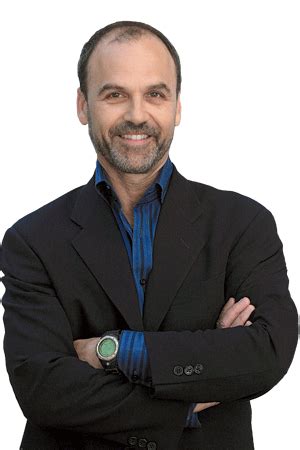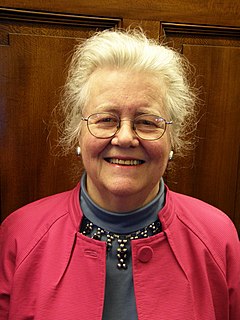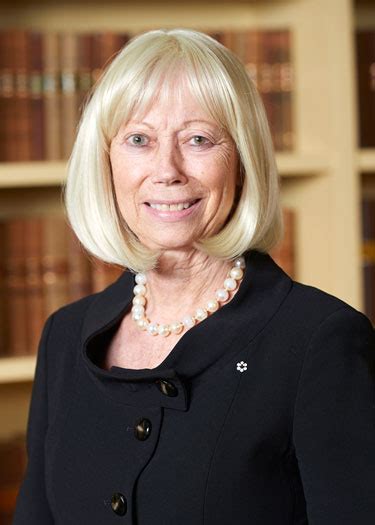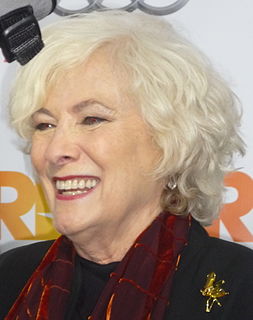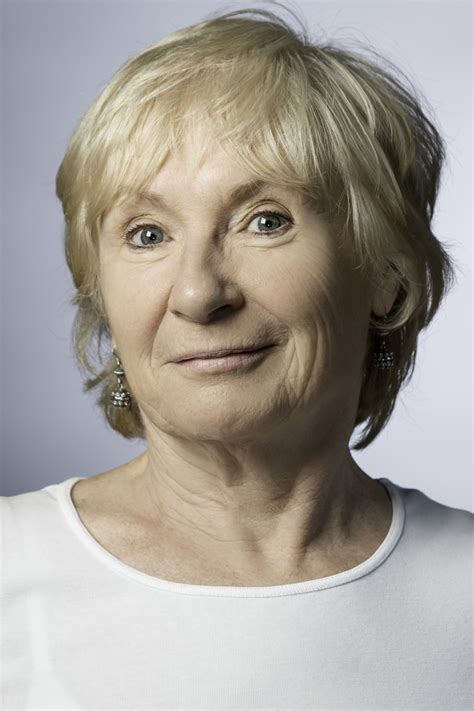A Quote by Paula Rothenberg
White privilege is the other side of racism.
Related Quotes
White privilege is the other side of racism. Unless we name it, we are in danger of wallowing in guilt or moral outrage with no idea of how to move beyond them. It is often easier to deplore racism and its effects than to take responsibility for the privileges some of us receive as a result of it... Once we understand how white privilege operates, we can begin to take steps to dismantle it on both a personal and institutional level.
The problem is that white people see racism as conscious hate, when racism is bigger than that. Racism is a complex system of social and political levers and pulleys set up generations ago to continue working on the behalf of whites at other people's expense, whether whites know/like it or not. Racism is an insidious cultural disease. It is so insidious that it doesn't care if you are a white person who likes Black people; it's still going to find a way to infect how you deal with people who don't look like you.
While I was able to pass as white as soon as I came to America, this was not really possible while I was growing up, as it was pretty obvious that I wasn't 'all German.' So my privilege was that in America, I could conveniently withhold one of my bloodlines and avoid racism and discrimination. That is not a privilege most people of color have.
White people are so unappreciative, they don't even acknowledge and understand what it means to be white in Canada, and all the layers of privilege that come with that. So they're shocked when somebody says, 'What just happened is racist,' and they said, 'Oh no, couldn't possibly be.' They see racism as people with KKK gowns and pointy hoods with eyes cut out. And we had those too.
There is a privilege in American society to being male and being white, and I think it's hard for white males to understand that privilege, because we've never experienced the opposite. When I sought out mentors to try to move forward, there were white males in virtually every position from which I was seeking mentorship. There was a natural simpatico or natural comfort. And so if you believe that's true, and I believe it's true, then we have to change that. We have to try to equalize opportunity and privilege.

